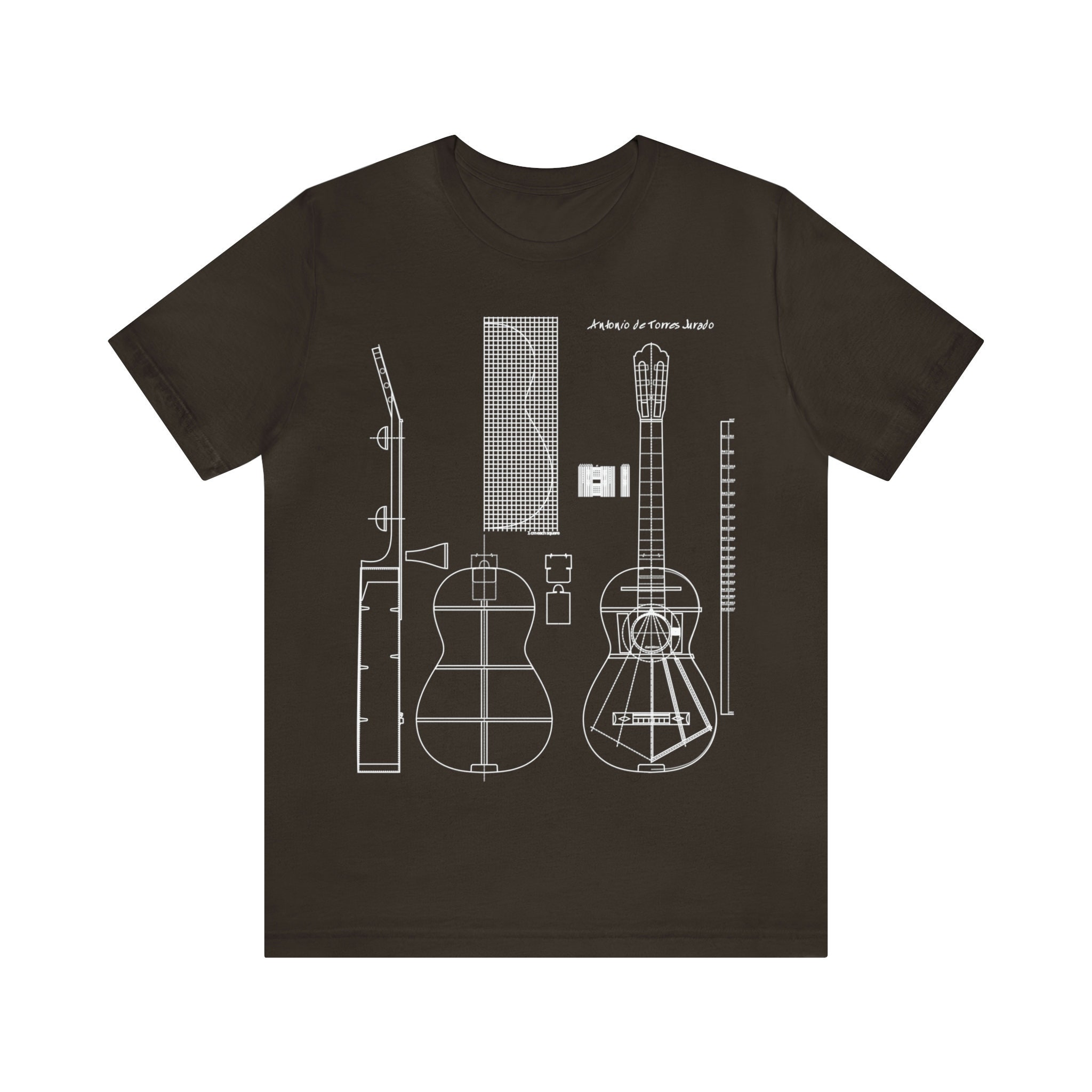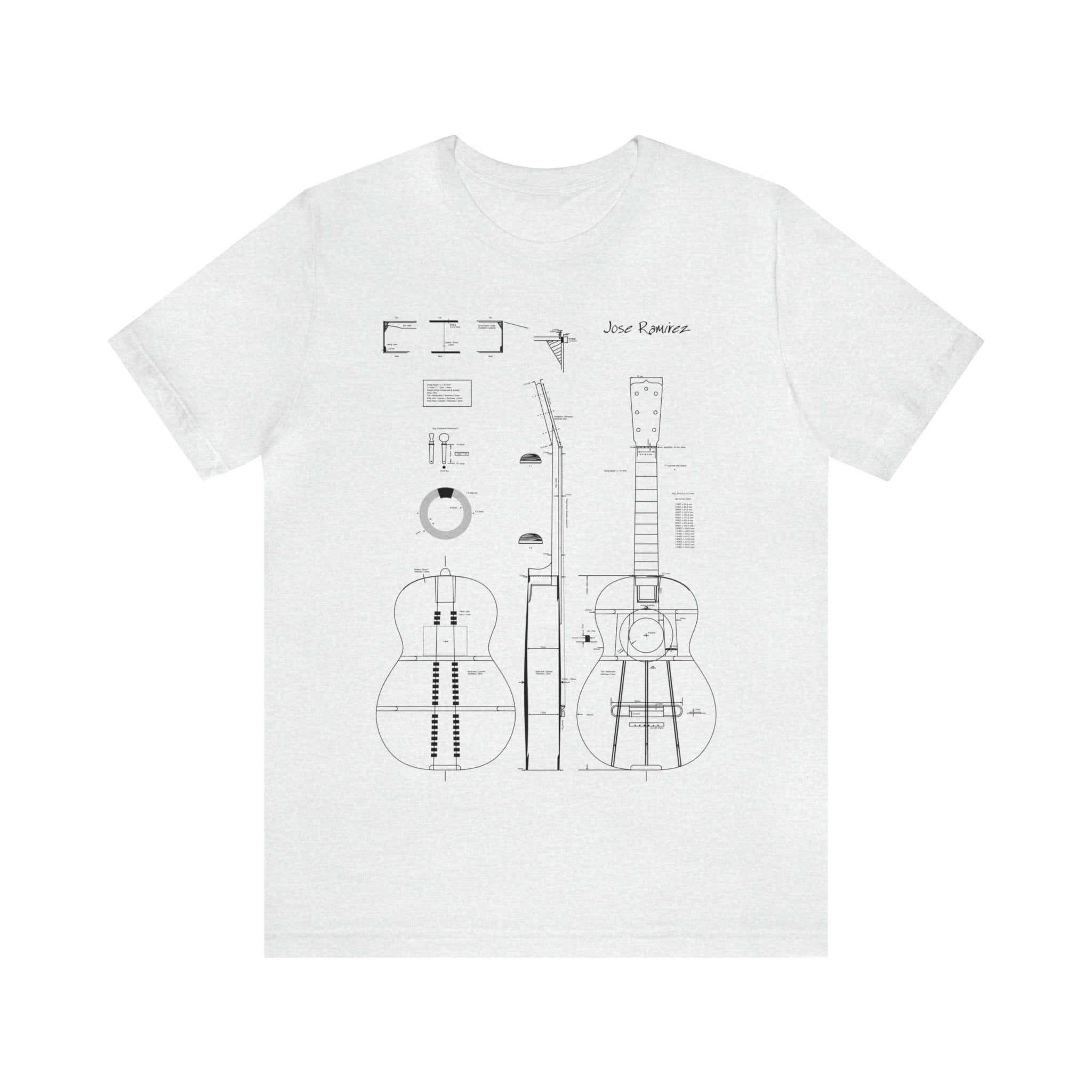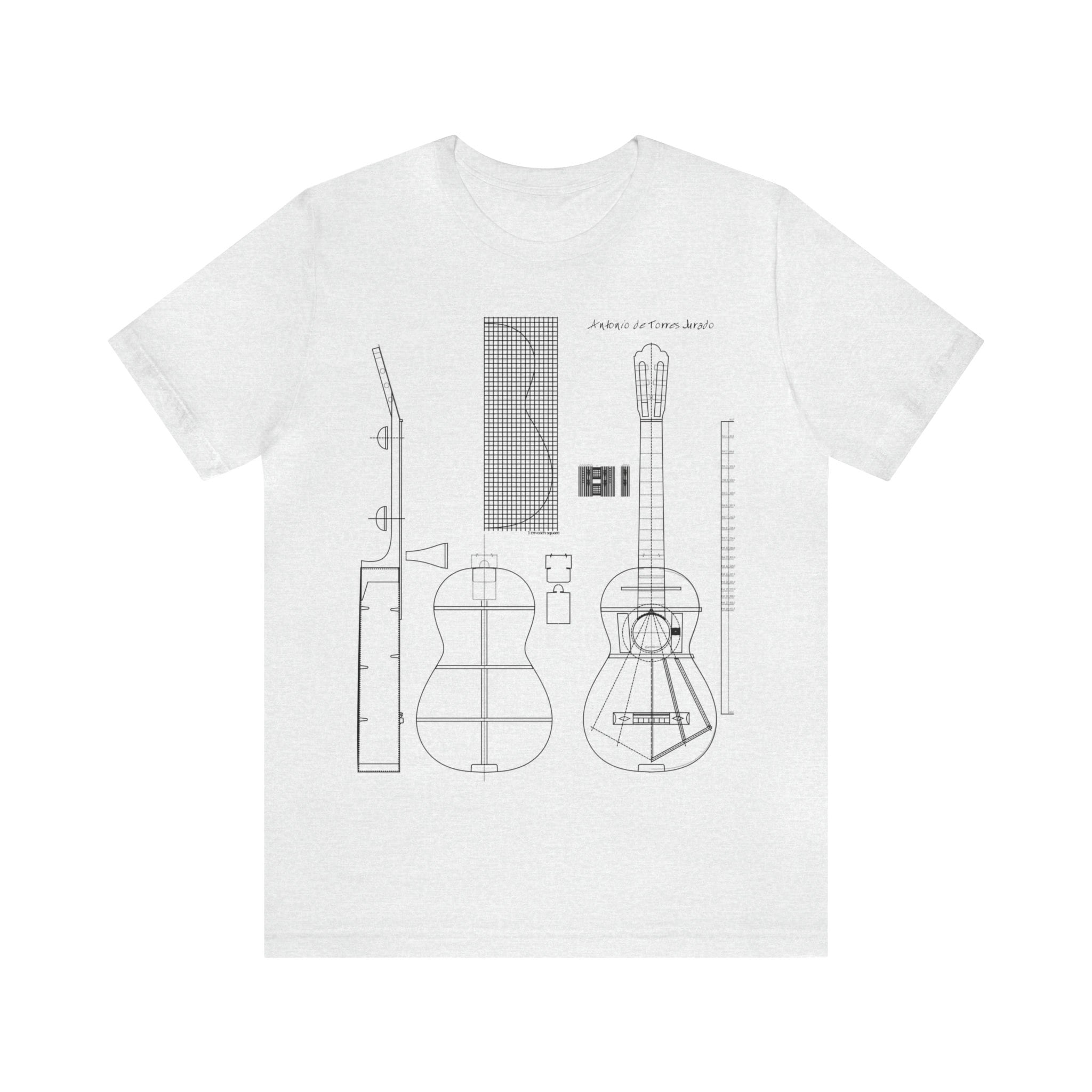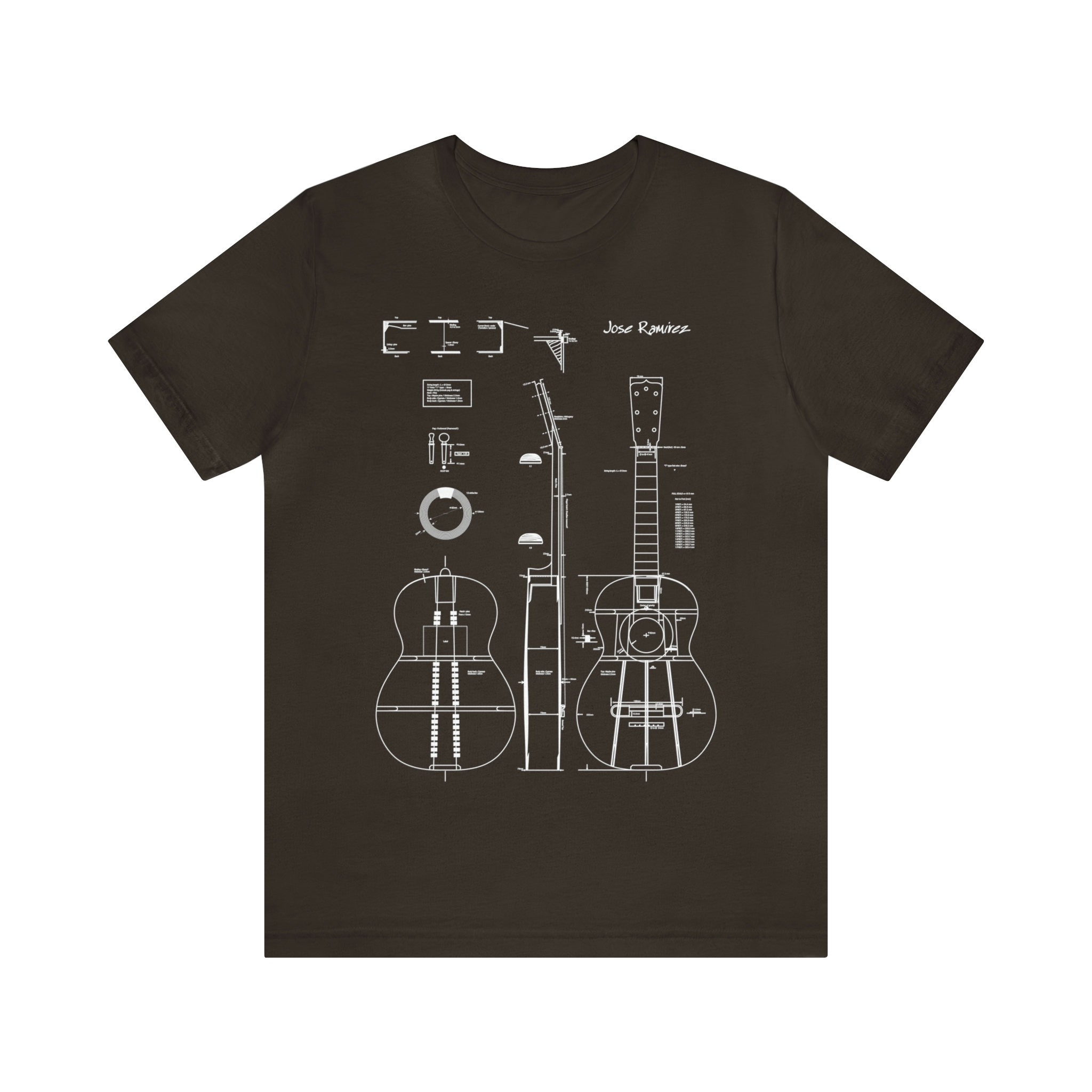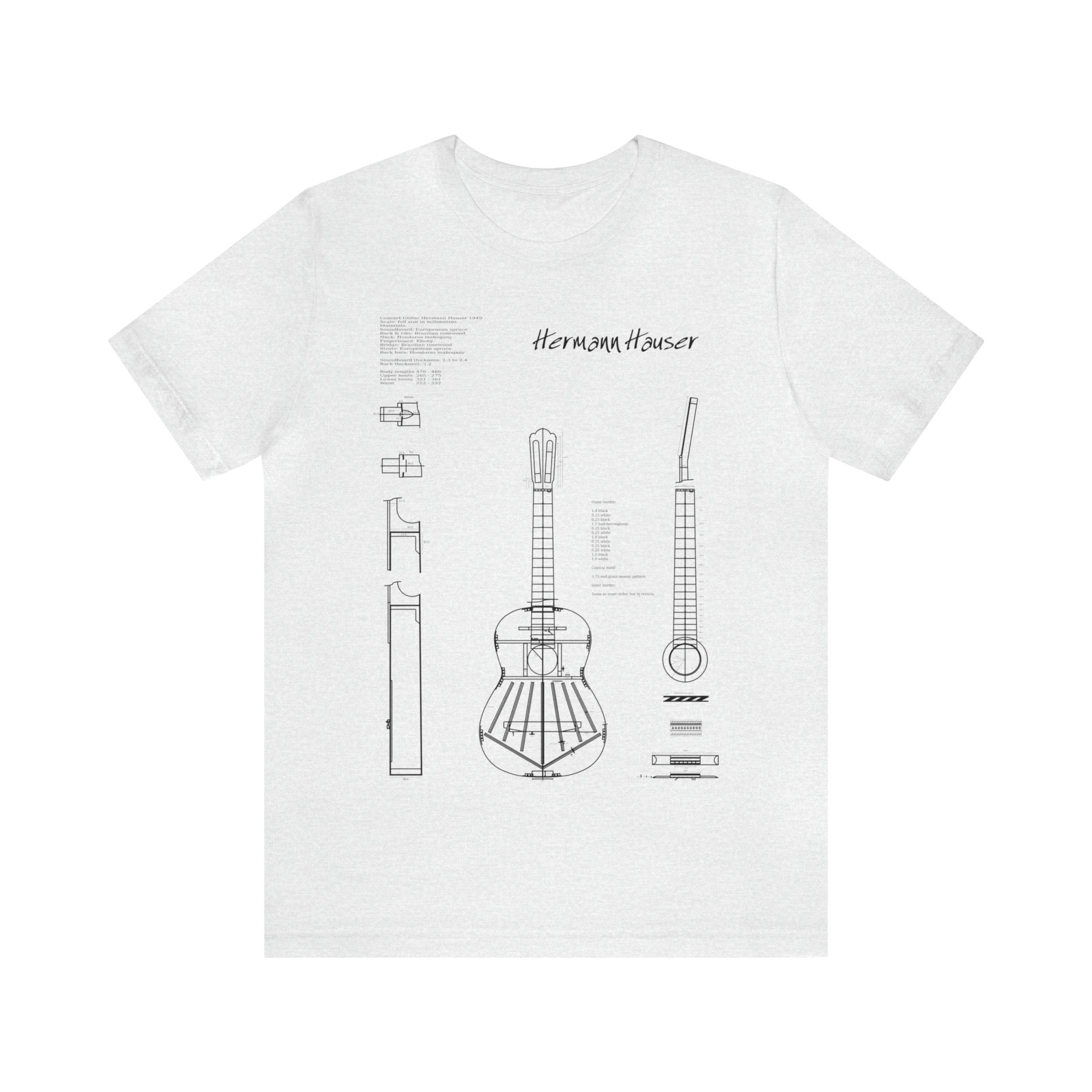Relaxation: “Through the conscious and selective use of fixations (the voluntary and temporary non-movement that allows the relaxation of muscles that do not act), the work moves from the finger to the hand, wrist, and arm, avoiding isolated finger work.” This can be the main responsible for muscle overload here.
Concentration: the true study is “the one carried out over short periods and with maximum mental concentration.” It must combine “a concrete and conscious idea of one’s attitude towards the instrument (theory) with a correct digitomechanical learning (technique).”
Execution: “The repetition of a movement creates over time a muscle memory parallel to that same movement […] and in such a way that it will gradually come to pass without the direct intervention of intelligence and conscious thought to become a movement conditioned to memory and that will govern our future actions: a memory that can be positive or negative depending on the good or bad realization of the movements.” || It is important to avoid and eliminate hypertrophied automatism, “the freedom of movement (as well as its velocity) then becomes the result of all the principles considered above.”
Mental relaxation: “Each movement is linked to the previous and the following in a coherent manner under the direct control of thought. The technique is ultimately a series of mental associations. The flaccidity of this training of the mind, of this mastery at will of the technique, leads to a state of mental relaxation.” On the contrary, the guitarist will have to “inevitably put himself in a state of psychological tension, in order to compensate for the lack of knowledge to properly understand and assimilate the work, and as a result, mental relaxation cannot exist.”
Relaxation involves the use of voluntary non-movement to relax muscles that are not in use, allowing the work to move from the fingers to the hand, wrist, and arm.
Concentration is important for effective study and should involve a combination of theory and digitomechanical learning.
The execution of movement is crucial and repetition creates muscle memory, but the player must avoid overly automatic movements and maintain control of their technique.
Mental relaxation is essential for a successful performance and is achieved through a mastery of technique that is controlled by thought.
If the player lacks knowledge of the work, they may become tense, resulting in a lack of mental relaxation.
These principles form the foundation of technical work in classical guitar. The focus is on using conscious and selective physical movements, combined with mental focus and relaxation, to achieve mastery of the instrument. The repetition of movements creates a muscle memory, but the player must be careful to avoid overly automatic movements and maintain control of their technique through mental associations.
Classical Guitar

